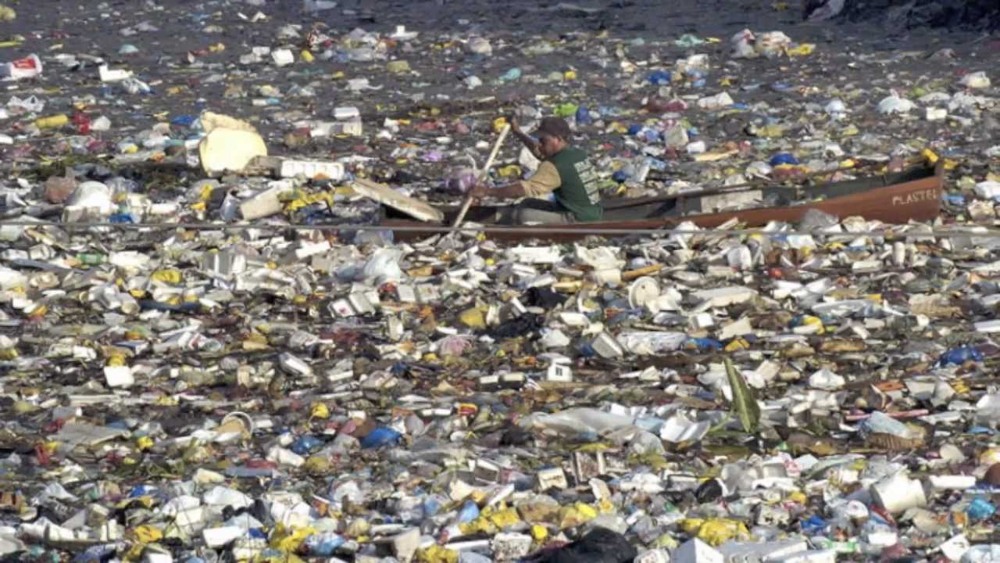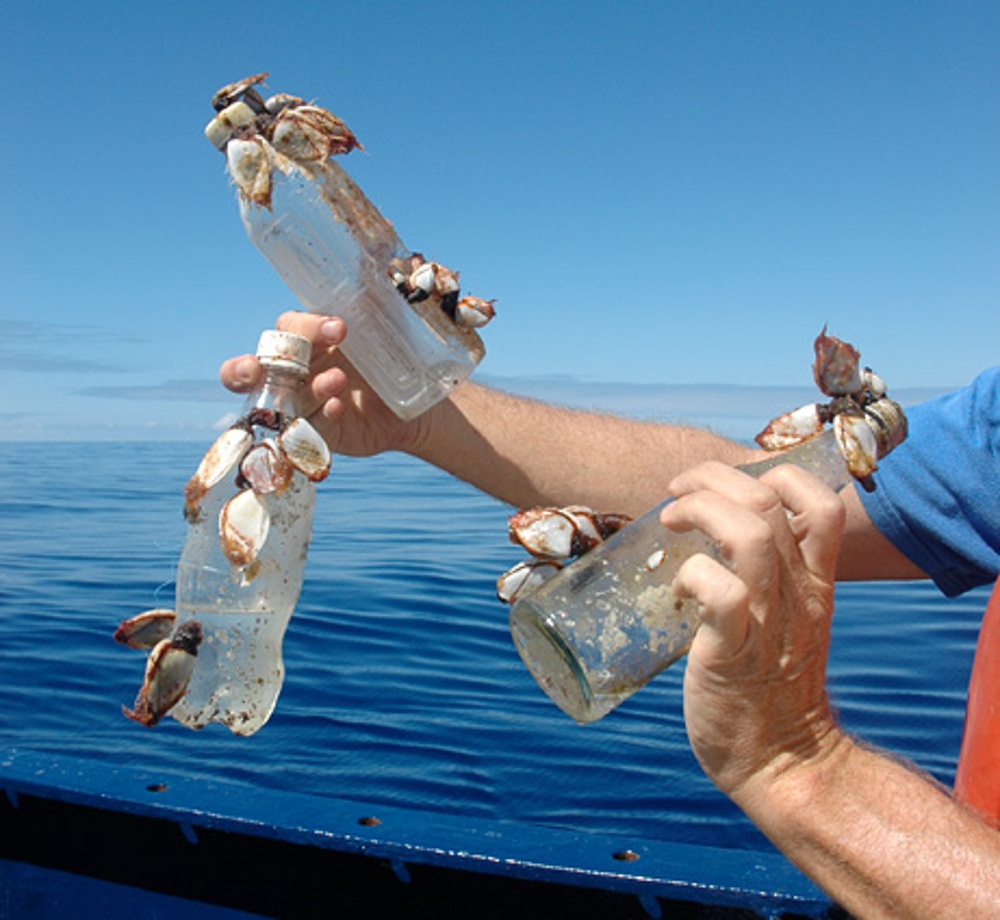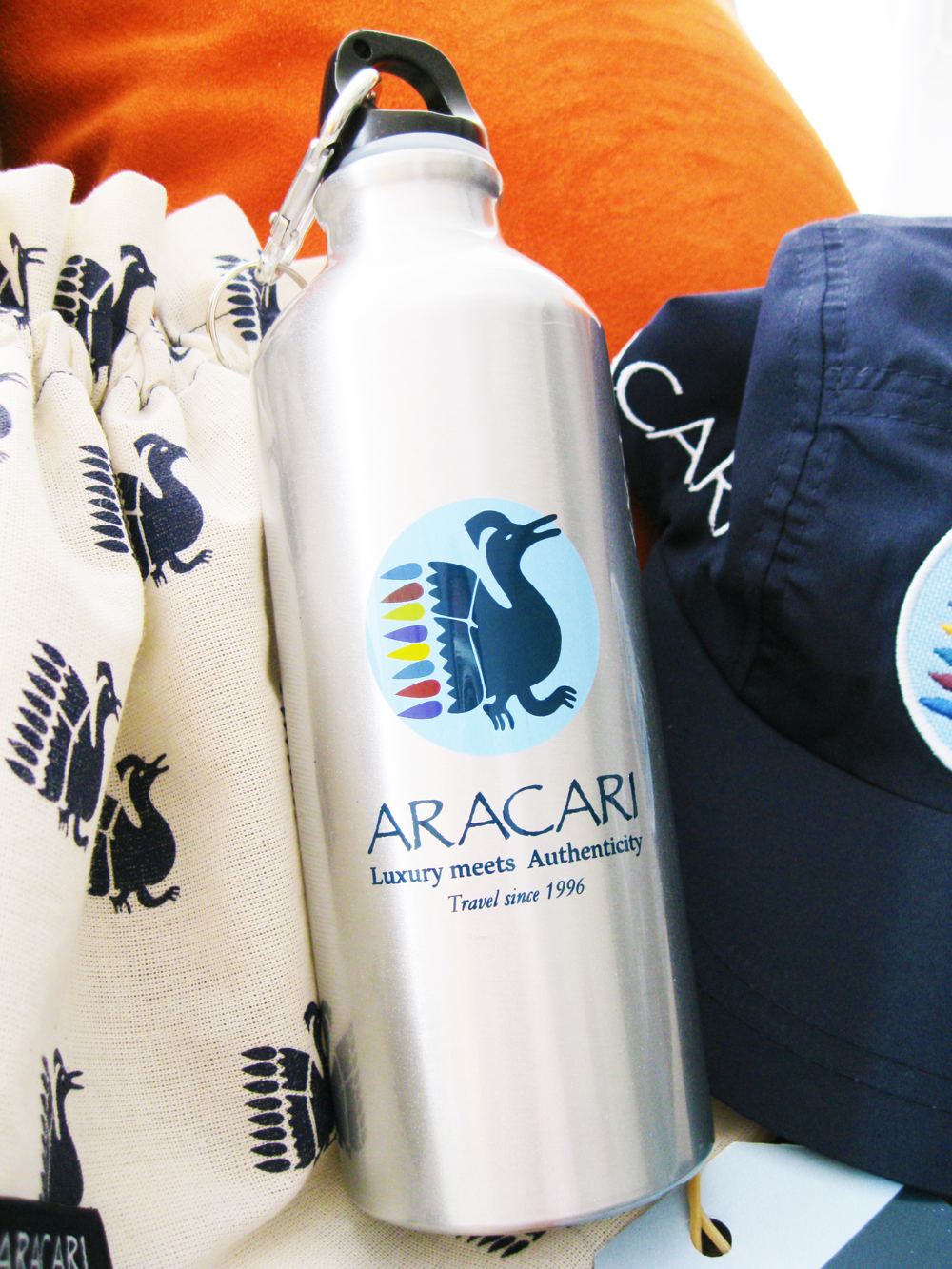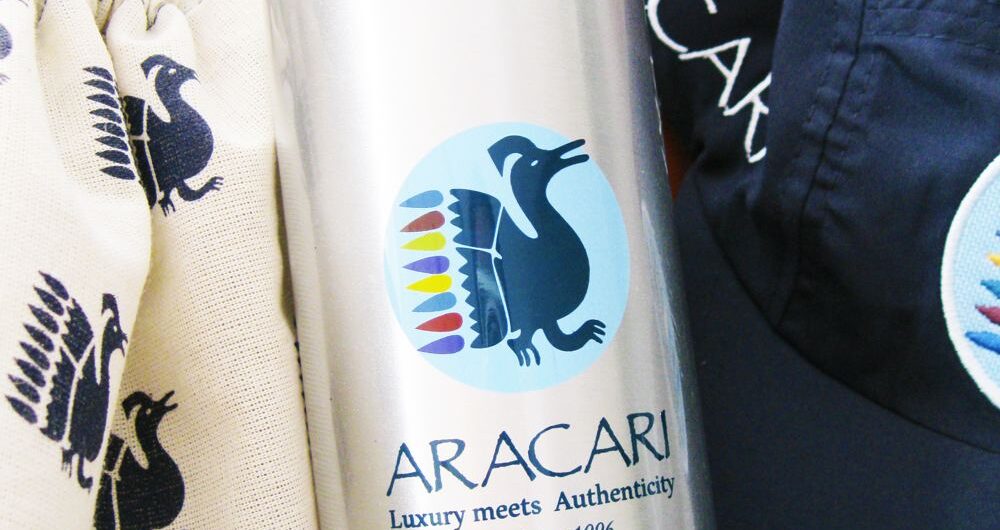At Aracari, our passion for delivering unsurpassed travel experiences is as strong as it is for promoting and protecting the communities and destinations we bring travelers to. Peru, Bolivia and The Galapagos are spectacularly diverse countries, culturally and geographically. All have delicate and endangered ecosystems which we are proud to share with our visitors, and hope to for generations to come. In order to accomplish this we need to ensure the impacts of our trips are minimized by providing environmentally friendly travel in Peru, Bolivia, and the Galapagos.
THE PROBLEM WE’RE TACKLING
Aracari knows that the world has a plastic problem. According to National Geographic, four million tons of trash are thrown away every day, and about 12.8% of that garbage is plastic. That plastic waste causes big problems for wildlife, our oceans, and the earth.
Though all plastic is a problem, a small and simple way to reduce waste is by turning away from plastic water bottles. If usage continues the way it is going, by the end of the decade over half a trillion bottles will be used annually!
But, can’t the plastic just be recycled?
Though that is true, only one in six plastic bottles end up recycled. Sometimes, even when you have the best intentions to recycle, there is no opportunity. Plenty of the off the beaten track places Aracari visits haven’t yet developed recycling facilities. For example, you could be in a small village in the Sacred Valley with the intention of recycling your water bottle, and have no access to a recycling bin. The majority of water bottles end up in the trash, and eventually end in landfills or in our oceans, where animals may confuse it for food, or where it will slowly release its chemicals into the environment for a minimum of 450 years.
To better understand the gravity of the problem, think about this. There’s an area in the Pacific Ocean about half the size of Peru – known as The Great Pacific Garbage Patch – which is composed of plastic. And what we can see is just a small amount of the total pollution. Over 90% of the plastic pollution in the world is made up of tiny micro plastics that are smaller than your fingernail. That means, we don’t even know how much plastic is really in the ocean, and when you go for a swim you are probably taking a dip in plastic waste.

So what will happen if everyone keeps using plastic bottles?
Let’s think about just a few consequences that Peru, Bolivia and the Galapagos specifically will face if no one takes action. First, if everyone keeps using plastic bottles, the toxins will continue working their way up the food chain. The delicious ceviche we enjoy in Peru could soon be made from fish that have mistaken plastic as food and are now contaminated with harmful chemicals. Those plastic chemicals can be absorbed by our bodies, and some of these compounds are known to affect human health, for example by altering hormones.

Second, we will continue to waste energy on the manufacturing of plastic bottles. The energy that is used to manufacture plastic water bottles is enough to power 190,000 homes. That energy could help some of the 1.2 billion people in the world living without electricity, bringing light to families in Bolivia who currently live in the dark.
A third consequence is that our beloved Galapagos Islands will be seriously threatened. Plastic is considered the #1 threat to the marine ecosystem, so the pristine islands and their wildlife are heavily damaged and impacted by overuse of plastic. Luckily in recent years the islands banned plastic bags as a preventative way to care for the ample wildlife and its natural habitats but there is still a long way to go before we can consider the islands safe from plastic harm.
And those are just three of the countless threats we face if we all continue using plastic water bottles.
THE ARACARI SOLUTION – Environmentally Friendly Travel in Peru, Bolivia and the Galapagos
Rather than just preaching the necessity of environmentally friendly travel in Peru, Bolivia and the Galapagos and reduced plastic bottle usage, Aracari has taken action. We have reduced our plastic bottle usage by 100% thanks to our water bottle initiative.
Instead of being given disposable plastic bottles throughout your tour, all of our guests are provided with reusable water bottles as a way to cut down on the unnecessary damaging impact of plastic waste. This is just one effort we foster, to protect our natural environment.

When you travel on one of our luxury tailormade trips you will be given an Aracari branded ‘tomatodo,’ water bottle, like the one in the photo above, in your welcome pack upon arrival. Throughout your journey guides will always have purified drinking water available in larger containers, to refill the bottles.
We provide safe, delicious, and environmentally-friendly hydration so that our passengers can enjoy their travels- and also take home their Aracari water bottle as a souvenir from your tailormade luxury trip!
The initiative not only reduces plastic water bottle use and helps protect these destinations through environmentally friendly travel in Peru, Bolivia, and the Galapagos, but it also allows Aracari passengers a worry and hassle-free solution to the eternal ‘can I drink the water’ question while traveling.
We hope that you will join us by limiting your use of plastic water bottles at home and while traveling! It may be a small individual step, but together we can make a big impact.
In recognition of our sustainable travel initiatives, Aracari has been awarded the Butterfly Mark, by Positive Luxury. Find out more about our positive actions that made us a #BrandToTrust and read about our other responsible travel initiatives here. If you have any other ideas for how we could better provide environmentally friendly travel in Peru, Bolivia and the Galapagos, contact us or email travel@aracari.com.

